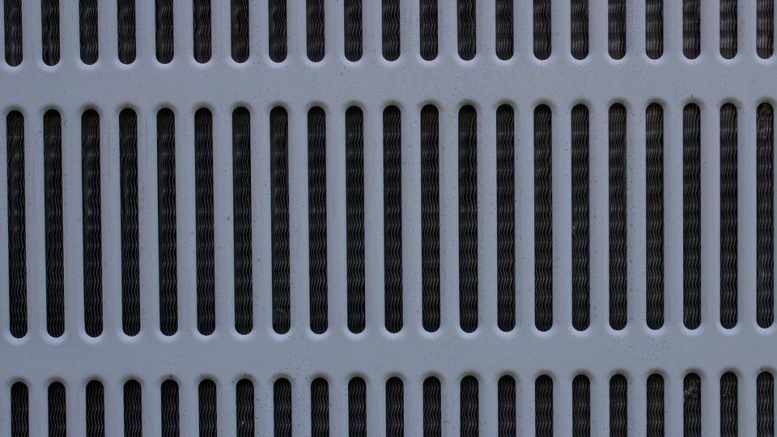An air filter is an important part of the home’s HVAC system because it keeps the air clean by trapping particulate matter and pollutants that float around in the air. That means the function of an air filter is especially useful to those with severe allergies, respiratory problems, or compromised immune systems. However, the type of pollutants that an air filter can remove depends on how efficient it is.
You may not necessarily need the most efficient air filter you can find since most homes and most people will be fine with air filters of average efficiency. You can find any type of air filter that you need from physical retailers and online retailers like Air Filter King. They will have a wide selection of hepa filters for air purifiers for you to choose from so you should be able to find the one that you need.
Air Filter Efficiency
The efficiency of an air filter is indicated by its MERV rating. MERV stands for Minimum Efficiency Rating Value and the ratings go from 1 to 20 and the higher the number, the more efficient the air filter. Most homes can make do with air filters in the 8 to 10 range since they will filter out particles like dust, pollen, dust mites, and bacteria. However, if a home has people that need even more protection for their airways because of respiratory problems or because they are immunocompromised, then a higher rated, more efficient air filter is needed.
Filters in the 10 to 13 range can of course capture all of the particulate matter that lower rated filters can but they can also capture particles like pet dander and droplet nuclei. Pet dander is shed by animals and can cause severe allergic reactions in some people. Droplet nuclei are expelled when a person coughs or sneezes; if that person is ill, then the droplet nuclei can carry the infection and spread it to someone else.
HEPA (High Energy Particulate Air) filters are the most efficient air filters and are tightly woven so that they can trap a wide variety of microscopic particles. However, before acquiring HEPA filters or filters with high MERV ratings, you should find out if your HVAC system is capable of handling them. That is because the fan of the HVAC system has to work harder to push air through the filter. That can put a strain on the system and could lead to higher energy bills or even damage to the filter. You may seek immediate advice from a trusted HVAC Marketing agency and professionals in the industry.
The Particles That Air Filters Can Remove From the Air
If you want to know which type of air filter is right for you, then you need to know what kind of material they can remove from the air. The following list shows you the range of air filters and the kinds of particles that they can trap:
MERV 1 to 8
These filters are the most basic and can only remove dust and dirt from the air. They are best suited for homes where none of the inhabitants have any serious allergies or health problems.
MERV 9 to 12
These types of filters can remove pollen, mold, and bacteria from the air in addition to dust. That means they are very useful for homes where some of the people have serious allergies.
MERV 13 to 16
Filters in this range can trap smaller particles like smoke, bacteria, and pet dander. These filters are best for homes where people have severe allergies or respiratory problems.
MERV 17 to 20
These are HEPA filters and they are best for homes where some of the people have serious respiratory problems or compromised immune systems. That is because filters in this range can remove transmission vectors like bacteria, viruses, and droplet nuclei.
Choose the Right Air Filter For You
Before selecting your air filter, you need to think about the needs of the people in your home and whether your HVAC system can handle the higher rated filters if you need them. Most homes only need filters in the 9 to 12 range so you do not need to get filters that are rated any higher than that. So make sure that you select the kind of filter that is right for your home instead of simply choosing the highest rated filters that you can find.
